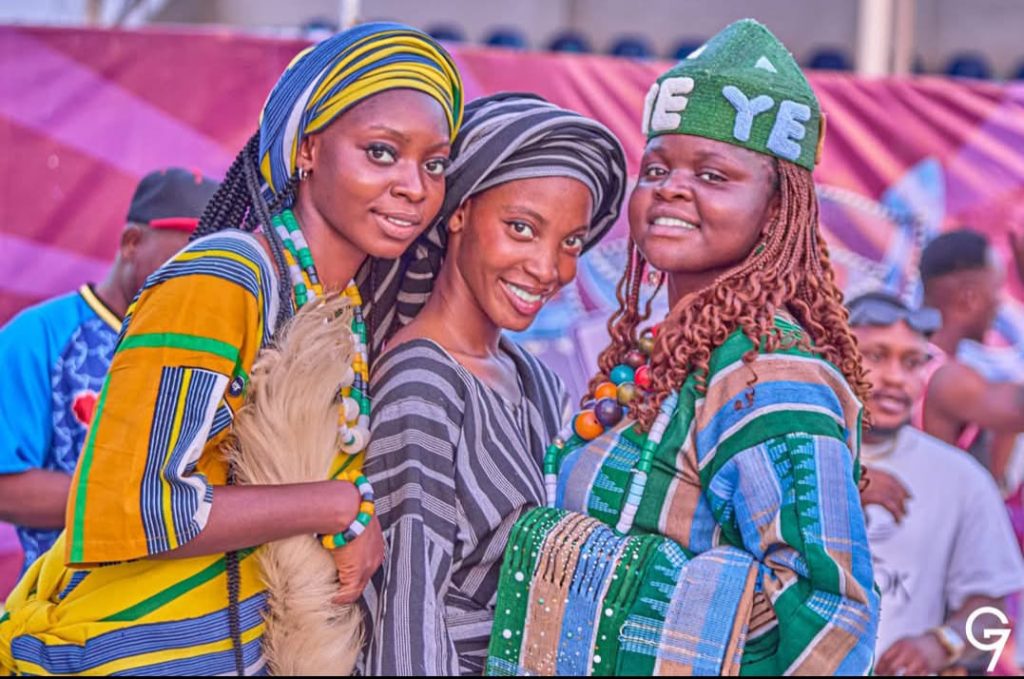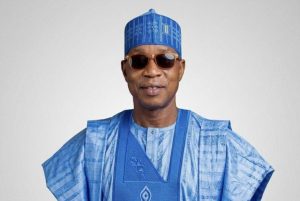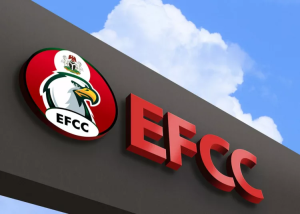5 Most Popular Languages in Kogi State

Kogi State, known as the “Confluence State” due to its location at the meeting point of Rivers Niger and Benue, is a melting pot of cultures and languages. The state’s diversity is reflected in its linguistic heritage, which represents the rich history and traditions of its people.
Here are five most popular languages spoken in Kogi State:
Igala
The Igala language is the a widely spoken language in Kogi State, predominantly in the eastern part of the state. The Igala people, who are the largest ethnic group in Kogi, use this language for communication, cultural expression, and traditional ceremonies. Its influence extends beyond Kogi, reaching parts of Benue, Enugu, and Anambra states.
Ebira
Spoken primarily by the Ebira people in the central part of the state, Ebira is a significant language in Kogi. It is known for its rhythmic tone and is central to the cultural identity of the Ebira people. Their traditional festivals and oral literature are often conveyed in this language. The Ebira people are also found in reasonable number in neighboring states like Ondo and Edo.
Okun (Yoruba)
The Okun people are the Yoruba speaking people found majorly in Kogi, but with settlements in Kwara, Ekiti and Ondo states. Their dialects are generally classified in the Northeast Yoruba (NEY) grouping. They are collectively called “Okun”. The Yoruba language is widely spoken in the western part of Kogi State, safe for Lokoja, and Kogi Local Government Areas. As a prominent Nigerian language, Yoruba in Kogi maintains its unique dialectal variations, reflecting the state’s cultural blend.
Nupe
Nupe is spoken by the Nupe people, predominantly found in Lokoja and other parts of Kogi State bordering Niger and Kwara States. The Nupe language is rich in proverbs and idiomatic expressions, embodying the wisdom and traditions of its speakers.
Hausa
As a lingua franca in northern Nigeria, Hausa is widely understood and spoken across Kogi State, especially in trade and inter-ethnic communication. While not indigenous to the state, its popularity is bolstered by its role in commerce and social interactions.
Kogi State’s linguistic diversity is a testament to its role as a cultural crossroads in Nigeria. Each language contributes to the state’s identity, fostering unity in diversity. Whether through Igala folklore, Ebira festivals, Yoruba proverbs, Nupe traditions, or Hausa trade, the languages of Kogi State enrich the lives of its people and preserve its heritage for future generations.








